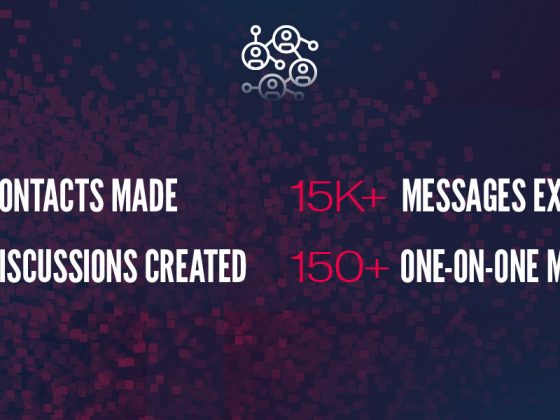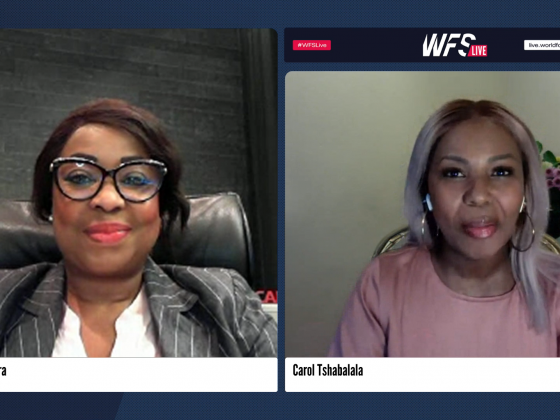Day 4 of WFS Live powered by R9 saw leading social media experts discuss why athletes are becoming powerful influencers and why this trend is only just starting. Successful entrepreneurs like Alejandro Agag (Extreme E) or Joe de Sena (Spartan Race) exchanged views on what football can learn from other sports, whilst Barça’s Marta Plana and Pixellot CEO Alon Werber addressed the crucial role of technology in the “New Normal”. Plus, we had the semi-finals of the WFS StartCup by GSIC.
Simon Oliveira (KIN Partners) on who can become the LeBron James of football:
“If you look at the audiences of Messi, Ronaldo or Neymar I think they have the power of a Ferrari in their hands but they’re still learning to drive. They have enormous potential, some individually have more than the combined audience of The New York Times, The Washington Post and the LA Times put together. However, I think where LeBron was very clever was he very much identified what the content slate would be from his perspective. It was built around American black culture and things that he was passionate about. I think any footballer going to this are needs to be very clear as to what their identity is and what the content stream and platform should be for.”
“We have 20 people on our content team capturing 49ers and other sports every single day. However, we have 10 million fans all over the world capturing 49ers content, so you have to embrace it. User-generated content is just another form of our 49ers Studio team. Last year, Live Nation and Ticketmaster had more reaction for tickets going on sale for the NFL season based on user-generated 30-second advertisements versus studio-recorded production quality, because people want to be in the action, they want to see what happens there.”
“A lot of clubs in the world live on venue tickets and are going to lack revenue streams in the coming season, in which there are going to be severe restrictions on stadium attendance. Bringing quick and low cost production to allow them to continue connecting with their fans via a subscription model or through sponsorship deals can be almost a matter of life or death for these clubs in the coming season. At Pixellot we’ve been engaging AI and computer vision to film, produce and stream completely automatic games for 4 years and today we are installed in around 8,000 fields of 16 different sports. Last January we were producing live 100,000 hours of life events.”
“It’s time to stay at home. We are taking the opportunity to create new occasions for consumption. We are investing in e-commerce, lives and bringing them to people’s homes. It was not part of the plan, but it will certainly add a lot of value in the future.”
“At Orlando City, what worked was creating and engaging an entire community. As a result, today it is easier to see Orlando City flags, shirts and stickers around than Orlando Magic, the traditional NBA team and more related to tourism. We brought Kaká in the first year, which was important to start our journey with the fans.”


